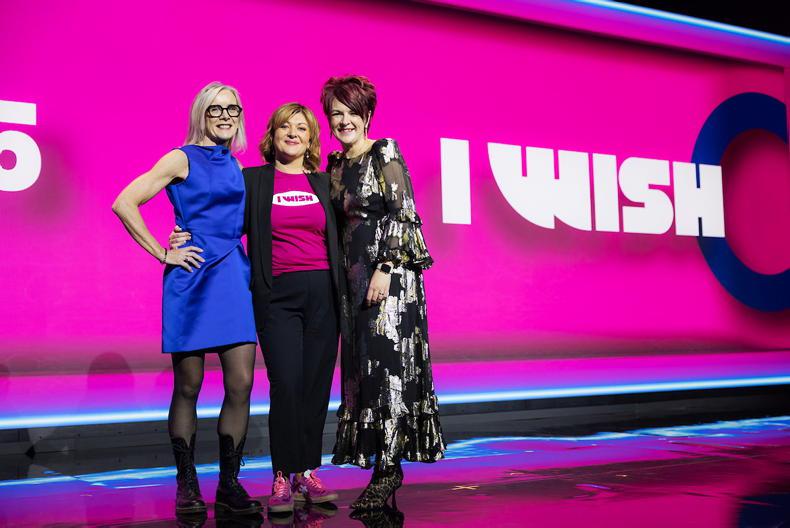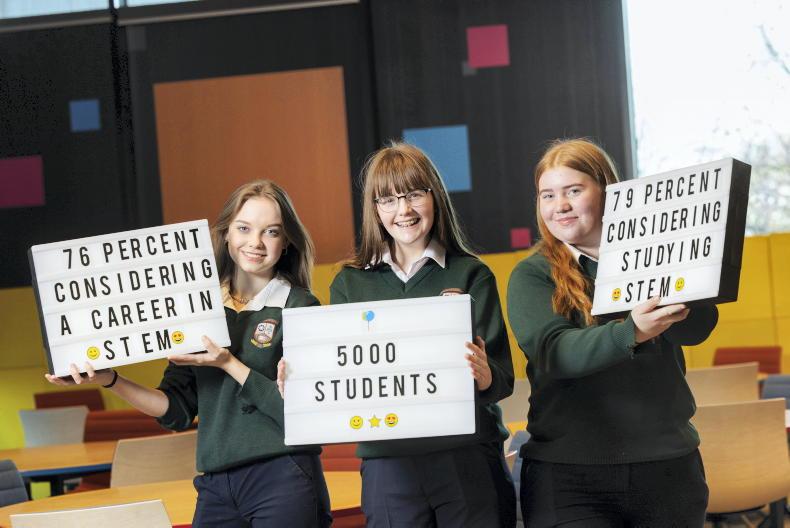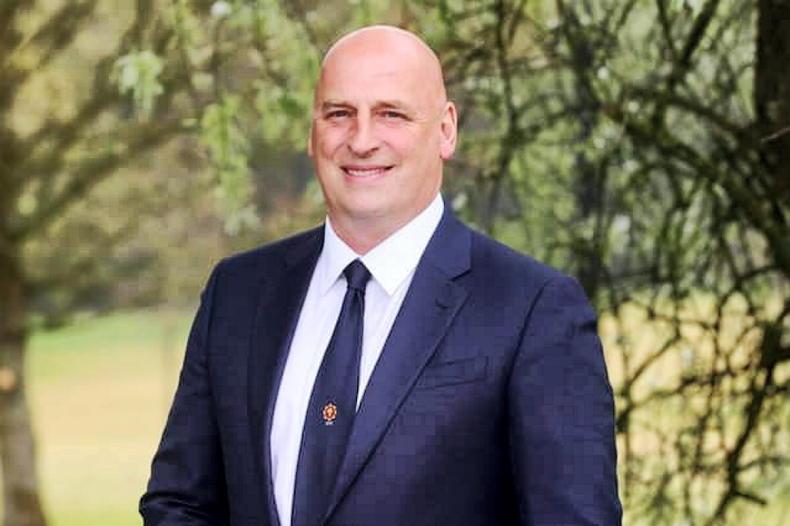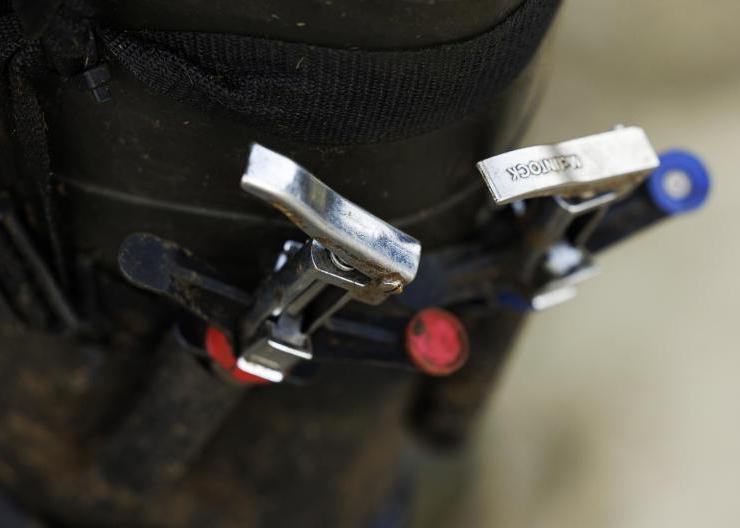Gender quotas are not a helpful way of increasing the representation of women within the NI agri food sector, the chief executive of the NI Grain Trade Association (NIGTA) has said.
In her address at the UFU’s Women In Agriculture conference last week, Gill Gallagher said she is often asked to take part in industry events because there are no other women involved.
“Whilst it is great that there is a more proactive drive for that diversity, the subtext of that means ‘we just want you because you’re a woman’,” Gallagher said.
“That’s not what I want. I want my voice to be heard for what it has to say, not because of its female tone. It does all of us a disservice and goes against my self-worth,” she added.
Instead of using gender quotas or other forms of tokenism, Gallagher suggested that industry leaders should focus on addressing the barriers that prevent women from progressing within the NI agri food sector.
Confidence
A lack of confidence or self-belief among women was highlighted as a key issue, particularly as farming and agri food tends to be male-dominated industries.
“Showcasing female role models within the industry is so, so important. Coaching and mentoring can be very valuable tools in building confidence, goal setting and encouraging more outward thinking,” Gallagher said.
The NIGTA chief said more effort was needed within local schools to encourage young women to pursue a career within the agri-food sector.
“At a school level, I want to challenge some of stereotypical careers that a lot of young women are coaxed towards. In our industry, there are amazing opportunities out there and they are open to everyone,” she said.
Gallagher, who has a three-year-old daughter, also discussed the “immense mental load” that women with young families carry outside of work.
“It is very unrealistic to suggest that we should work like we don’t have a family and raise a family like we don’t have to work.
“Undoubtedly there have to be sacrifices made for one or the other, but we also have to prioritise and must be able to say ‘no’.
“That is something which often does not come naturally to us,” she said.









SHARING OPTIONS